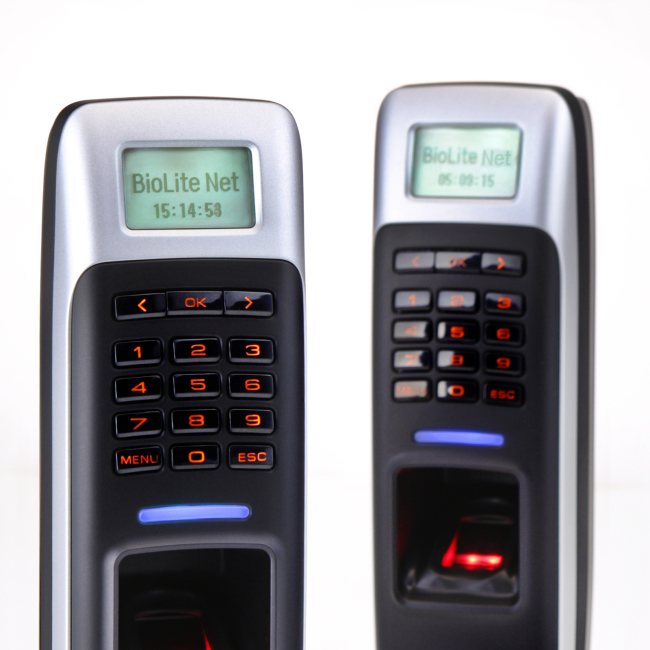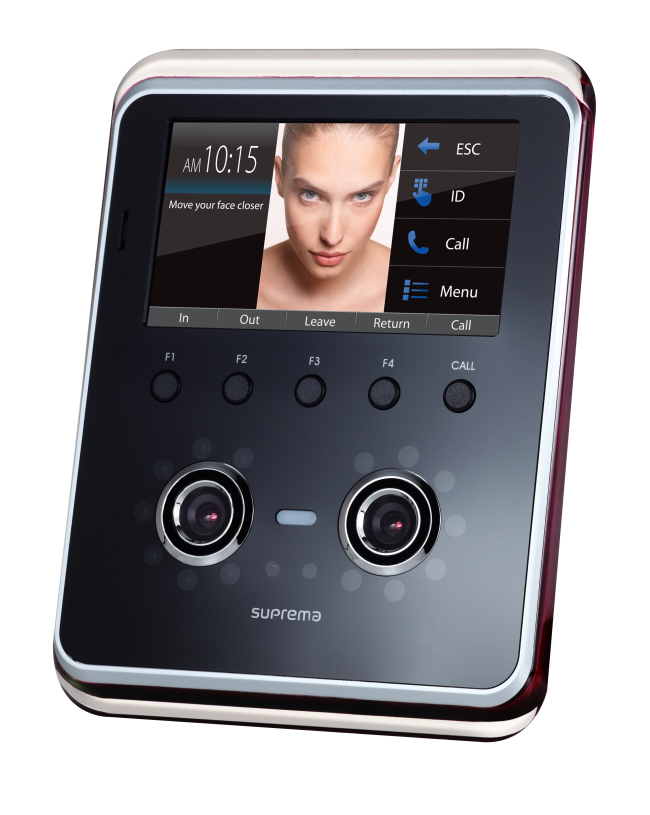Korean biometric security system developer Suprema will make a foray into the fingerprint market for mobile devices, taking on fingerprint powerhouses such as Apple-owned AuthenTec and Synaptics.
Biometric technology, particularly fingerprint sensors, has come under the spotlight since California-based Apple purchased biometric sensor maker AthenTec in 2012 to implement fingerprint scanners in its iPhones.
With the door wide open for the fingerprint market for phones, Lee Jae-won, chief executive of Suprema, said the time is ripe to jump on the bandwagon.
 |
Suprema CEO Lee Jae-won (Suprema) |
“It could have been better if Suprema had started the fingerprint business for mobile devices earlier, but many handset makers were doubtful about biometric technology until iPhones with fingerprint sensors were a hit,” Lee told The Korea Herald in a recent interview.
He said a growing number of device makers are recognizing the importance of security and Suprema’s specialty in the area, hinting at further future collaboration with global players. However, he declined to elaborate on pending business deals.
“Apple may be the best player in the fingerprint market, especially sensors for mobile devices, but we are also confident in expanding our presence in the market based on top-notch technological capabilities.”
 |
Suprema’s fingerprint reader |
 |
Suprema’s facial recognition system |
Suprema, located in Bundang, Gyeonggi Province, mainly develops scanners and security systems utilizing fingerprint and facial recognition technology. The company also exports its fingerprint readers to the Middle East, Europe, Africa and the Americas for services such as voter registration and employee attendance at workplaces. About 70 percent of its revenue last year, a record 69 billion won ($63 million), came from exports to some 120 nations, the company said.
Major security system integrators including ADI, Bosch and Honeywell have adopted Suprema’s fingerprint modules and readers in their security systems.
Suprema has a low fingerprint recognition failure rate, with its scanners winning several global awards.
The Korean firm said it plans to develop open security platforms that are compatible with various Web browsers such as Google’s Chrome and Microsoft’s Internet Explorer and other applications.
“Suprema will keep making efforts to develop unrivaled technology,” Lee said.
By Kim Young-won (
wone0102@heraldcorp.com)









![[Weekender] Korea's traditional sauce culture gains global recognition](http://res.heraldm.com/phpwas/restmb_idxmake.php?idx=644&simg=/content/image/2024/11/21/20241121050153_0.jpg)
